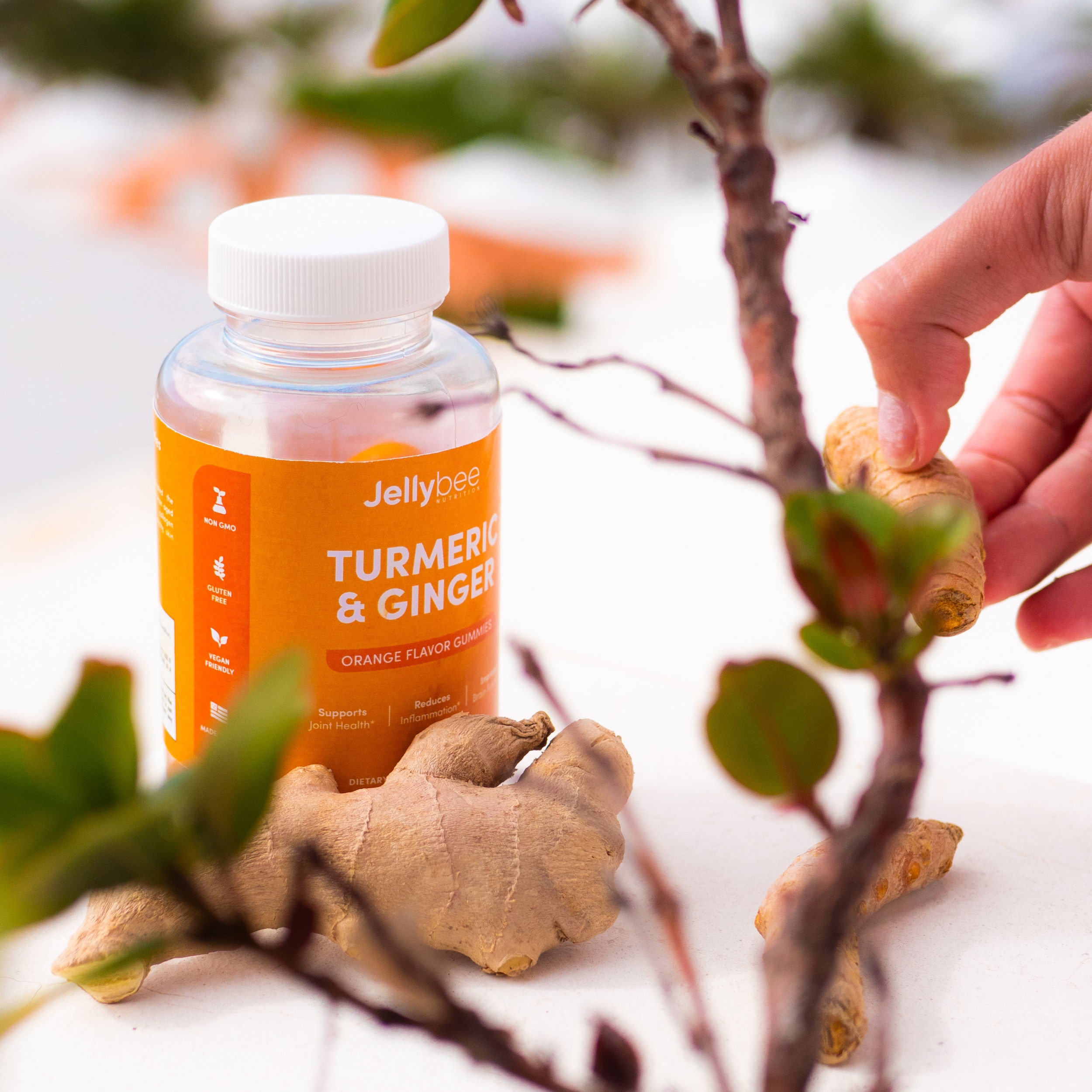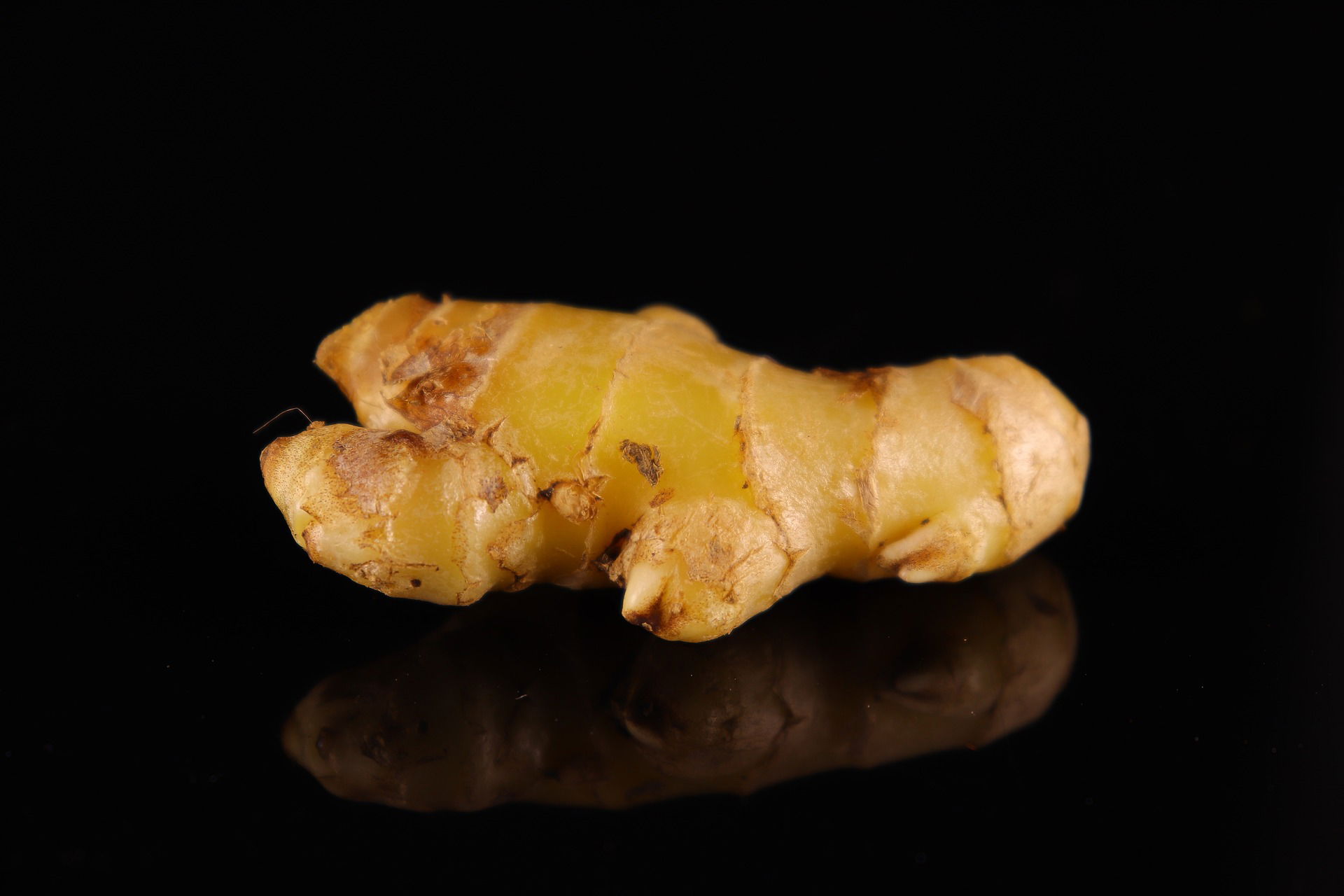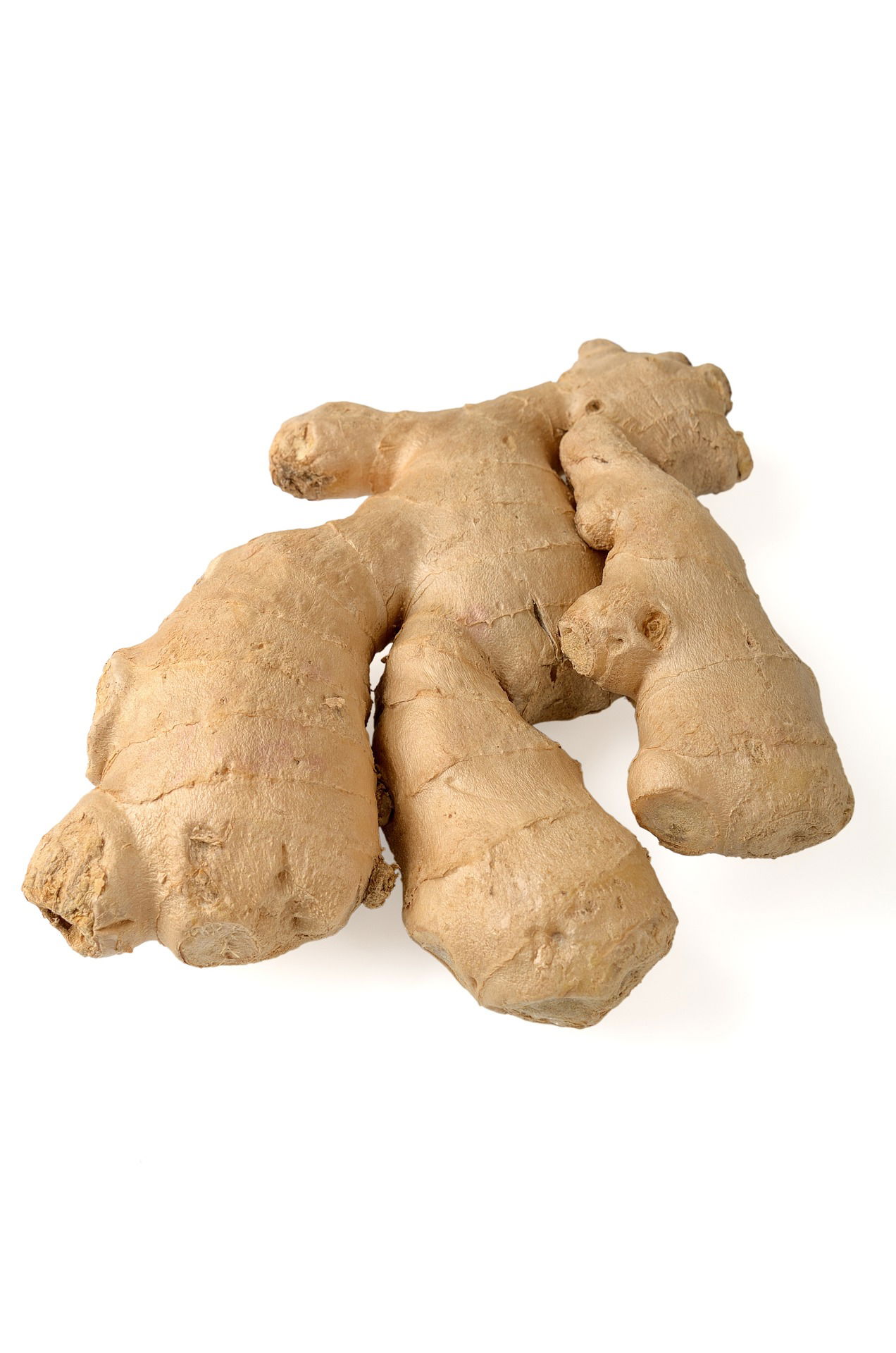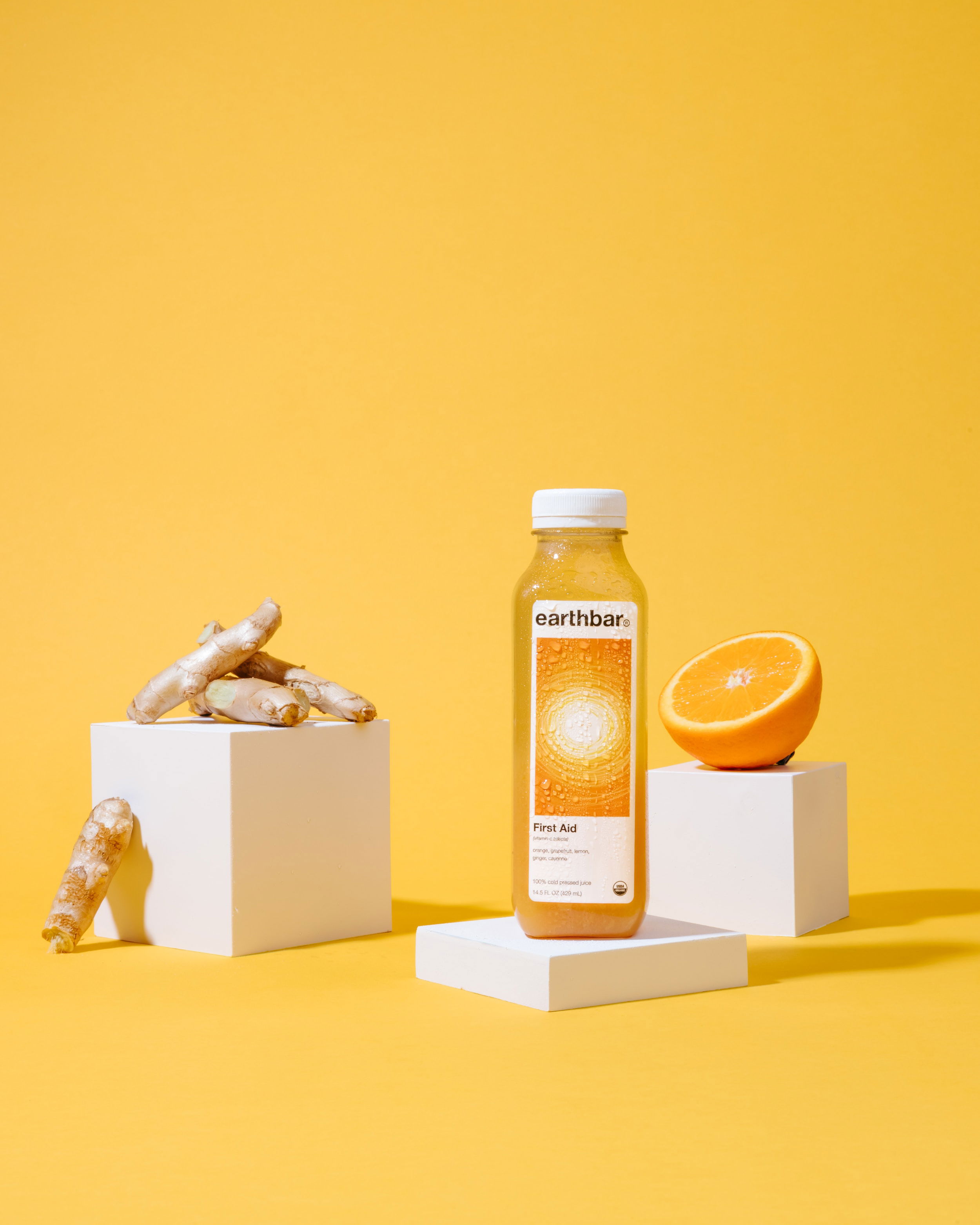Thailand's Fresh Ginger: The Ultimate Ingredient for Quality Food Manufacturing
Thailand is renowned for its rich and varied cuisine that tantalizes taste buds with its complex flavors and aromas. At the heart of many Thai dishes lies fresh ginger, a versatile and popular ingredient that has been cultivated in the country for centuries. With its abundance of sunshine and fertile soil, Thailand is the perfect environment for growing premium quality ginger with a distinctive, zesty flavor and numerous health benefits.
In this article, we explore Thailand's fresh ginger as the ultimate ingredient for quality food manufacturing and examine its nutritional benefits, role in Thai cuisine, growing and harvesting techniques, food manufacturing applications, quality control measures, and export potential.

1. Introduction to Thailand's Fresh Ginger
What is Fresh Ginger?
Fresh ginger is a root vegetable that has a unique fragrance and flavor and is commonly used in Asian cuisine. Ginger has various forms in the market, including fresh, dried, and powdered. However, fresh ginger is the most preferred type as it contains high levels of gingerol, the main bioactive compound responsible for its medicinal properties.
Why is Thailand a Major Producer of Fresh Ginger?
Thailand is a tropical country with a warm and humid climate, making it an ideal place for ginger cultivation. The country's soil is also rich in nutrients, providing the perfect conditions for ginger to thrive. As a result, Thailand is one of the largest producers of fresh ginger in the world, providing high-quality ginger for use in food manufacturing.
2. Nutritional Benefits of Fresh Ginger
Vitamins and Minerals Found in Fresh Ginger
Fresh ginger is rich in essential nutrients such as vitamin C, magnesium, potassium, and phosphorus. It also contains trace amounts of other vitamins such as vitamin B6 and thiamine.
Health Benefits of Consuming Fresh Ginger
Fresh ginger has several health benefits, including reducing inflammation, relieving nausea, improving digestion, and reducing the risk of chronic diseases. The gingerol compound found in fresh ginger has potent antioxidant properties that help prevent cell damage caused by free radicals.

3. Growing and Harvesting Fresh Ginger in Thailand
Climatic Conditions and Soil Requirements for Growing Fresh Ginger in Thailand
Ginger thrives in warm and humid climates with well-drained soil. In Thailand, ginger is typically grown between June and December, during the country's rainy season. The soil in Thailand is also rich in nutrients, making it an ideal location for ginger cultivation.
Harvesting Techniques for Fresh Ginger in Thailand
Fresh ginger is typically harvested when the plant is around ten months old. In Thailand, farmers use various techniques to harvest ginger, including pulling the whole plant out of the ground or cutting the ginger roots with a knife.

4. Fresh Ginger's Role in Thai Cuisine
Traditional Thai Dishes that use Fresh Ginger
Fresh ginger is an essential ingredient in many traditional Thai dishes, such as Tom Yum soup, green curry, and Pad Thai. The pungent flavor of ginger adds a unique taste to these dishes, making them both savory and spicy.
Regional Variations in the Use of Fresh Ginger in Thai Cuisine
Different regions in Thailand have their unique way of using fresh ginger in their cuisine. In the southern part of the country, fresh ginger is commonly used in seafood dishes, while in the northeast, it's used in spicy salads. In central Thailand, it's used in curries, and in the northern region, it's added to stir-fried dishes. Regardless of the region, fresh ginger is an essential flavoring ingredient in many Thai dishes.

5. Fresh Ginger in Food Manufacturing: Applications and Benefits
Common Uses of Fresh Ginger in Food Manufacturing
Fresh ginger is widely used in food manufacturing due to its unique flavor and health benefits. It can be used in a variety of dishes, including sauces, marinades, and soups. Fresh ginger is also commonly used in baked goods and confectionery items such as gingerbread, ginger snaps, and gingersnaps. In addition, the popularity of Asian cuisine has led to an increase in the use of fresh ginger in stir-fries and curries.
Advantages of Using Fresh Ginger in Food Manufacturing
Fresh ginger has numerous advantages over other forms of ginger such as dried or powdered. The flavor of fresh ginger is more pronounced and intense, giving food a fresher and brighter taste. Fresh ginger also contains higher levels of gingerol, which is the compound responsible for its anti-inflammatory and antioxidant properties. These health benefits make fresh ginger a popular ingredient in health-focused food products.

6. Quality Control Measures for Fresh Ginger
Storage and Transportation of Fresh Ginger
Proper storage and transportation of fresh ginger are essential to maintain its quality. The ideal temperature for storing fresh ginger is between 12 and 15°C (54 and 59°F) with a relative humidity between 70 and 90%. Fresh ginger should be stored in a well-ventilated area away from direct sunlight and heat sources. During transportation, fresh ginger should be kept in temperature-controlled containers to prevent spoilage.
Quality Standards for Fresh Ginger
In Thailand, the quality of fresh ginger is regulated by the Department of Agriculture. To ensure the quality of fresh ginger, it must meet specific standards such as being free from mold, disease, and insect infestation. Fresh ginger should also be free from physical defects such as cuts, bruises, and discoloration. To comply with international standards, fresh ginger must also be tested for pesticide residue levels and meet strict food safety guidelines.

7. Exporting Fresh Ginger from Thailand
Export Markets for Thai Fresh Ginger
Thailand is the world's largest exporter of fresh ginger, with China being the largest importer. Other major export markets for Thai fresh ginger include Japan, South Korea, and the United States. The popularity of Thai food and the increasing interest in health-focused food products have also led to an increase in the export of fresh ginger to other countries.
Export Regulations for Fresh Ginger from Thailand
To export fresh ginger from Thailand, exporters must comply with strict regulations and standards. The Department of Agriculture is responsible for overseeing the export of fresh ginger and ensuring that it meets specific standards for quality and safety. Exporters must also comply with the regulations of the importing country, which may include testing for pesticide residues and compliance with food safety guidelines.
8. Conclusion: Why Fresh Ginger from Thailand is the Ultimate Ingredient for Quality Food Manufacturing
Fresh ginger from Thailand is a popular ingredient in food manufacturing due to its unique flavor and health benefits. The quality of fresh ginger is carefully regulated and controlled, ensuring that it meets strict standards for quality and safety. With Thailand being the world's largest exporter of fresh ginger, it is a reliable source for businesses looking to source high-quality fresh ginger for food manufacturing purposes. Whether you're making traditional Asian dishes or health-focused food products, fresh ginger from Thailand is the ultimate ingredient for quality food manufacturing.
In conclusion, Thailand's fresh ginger is a prized ingredient that has been cultivated and perfected for generations. With its unique flavor, versatility, and numerous health benefits, fresh ginger from Thailand has become a vital component in food manufacturing worldwide. It is no wonder that Thailand's fresh ginger has earned its place as the ultimate ingredient for quality food manufacturing.

FAQ
What are the nutritional benefits of fresh ginger?
Fresh ginger is packed with vitamins and minerals, including vitamin B6, magnesium, and manganese. It also contains powerful anti-inflammatory and antioxidant compounds that may help reduce the risk of chronic diseases such as heart disease and cancer.
How is fresh ginger used in food manufacturing?
Fresh ginger is a versatile ingredient in food manufacturing and can be used in a variety of products such as snacks, beverages, sauces, and baked goods. It can be used as a natural flavoring, a preservative, or a texture enhancer, among other things.
What quality control measures are in place for fresh ginger from Thailand?
The Thai government has established strict guidelines for the growing, harvesting, and processing of fresh ginger. These guidelines cover areas such as hygiene, pesticide use, and harvesting techniques to ensure that only high-quality, safe ginger is produced and exported.
Can I buy fresh ginger from Thailand in my local grocery store?
Yes, fresh ginger from Thailand is widely available in grocery stores and supermarkets around the world. Look for ginger that is firm and free of blemishes, with a strong aroma and a smooth, shiny skin.



